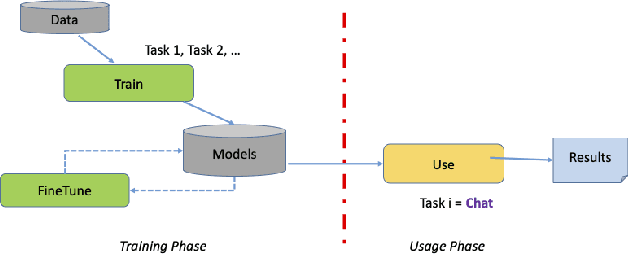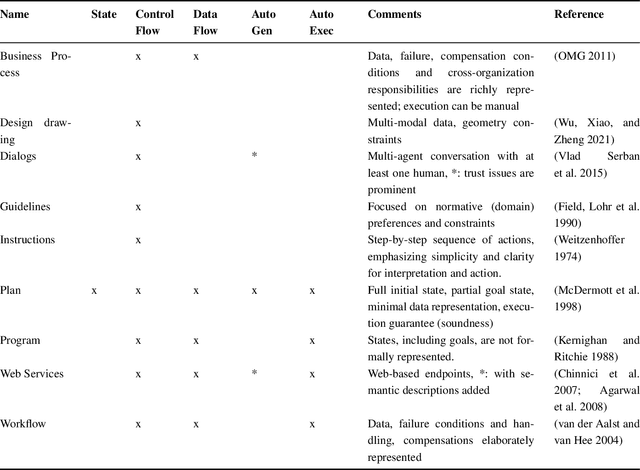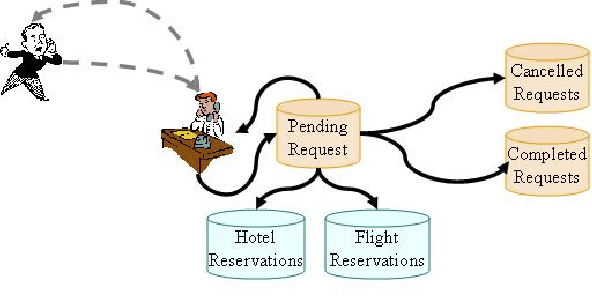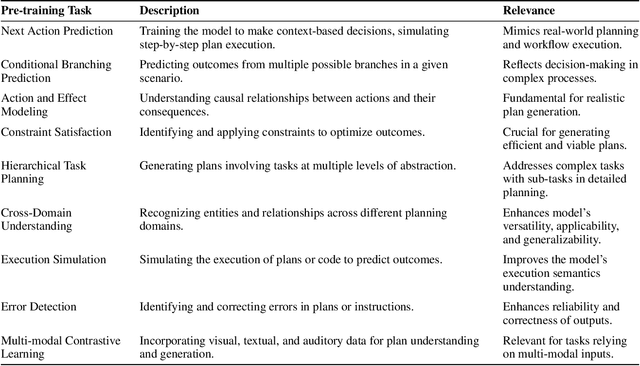The Case for Developing a Foundation Model for Planning-like Tasks from Scratch
Paper and Code
Apr 06, 2024



Foundation Models (FMs) have revolutionized many areas of computing, including Automated Planning and Scheduling (APS). For example, a recent study found them useful for planning problems: plan generation, language translation, model construction, multi-agent planning, interactive planning, heuristics optimization, tool integration, and brain-inspired planning. Besides APS, there are many seemingly related tasks involving the generation of a series of actions with varying guarantees of their executability to achieve intended goals, which we collectively call planning-like (PL) tasks like business processes, programs, workflows, and guidelines, where researchers have considered using FMs. However, previous works have primarily focused on pre-trained, off-the-shelf FMs and optionally fine-tuned them. This paper discusses the need for a comprehensive FM for PL tasks from scratch and explores its design considerations. We argue that such an FM will open new and efficient avenues for PL problem-solving, just like LLMs are creating for APS.
 Add to Chrome
Add to Chrome Add to Firefox
Add to Firefox Add to Edge
Add to Edge